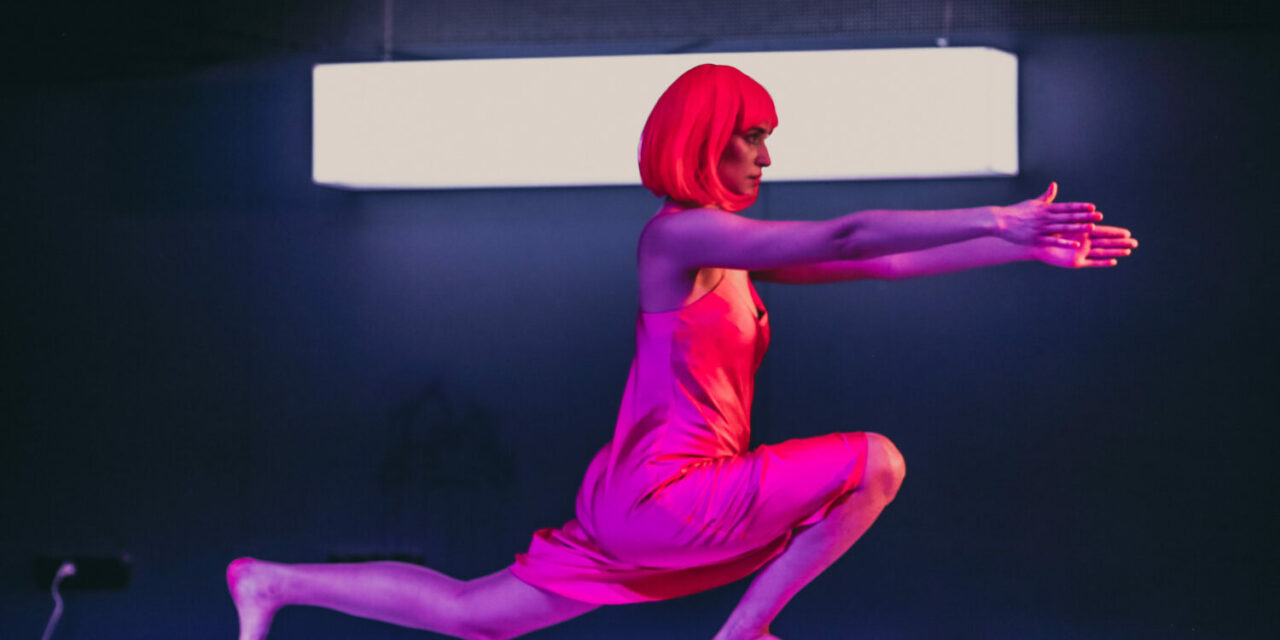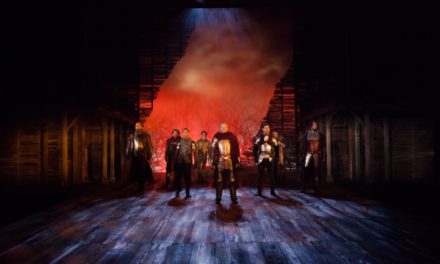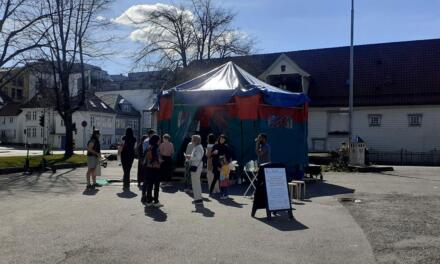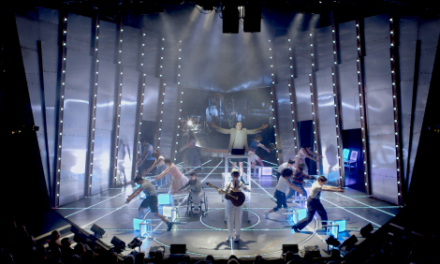In September 2019 new theatre season starts, promising not only new performances but some new theatre experiences (unseen on the Belarusian stage before) as well. One of the most promising theatre projects in recent years is Homo Cosmos Independent Theatre Company. Before the beginning of the new theatre season, Katsiaryna Saladukha from the Homo Cosmos Theatre answered our questions.
AM: The project theatres are somewhat new in Belarus. Could you tell us what are typical problems projects theatres have to face in Belarus, and in particular what problems you have met with your stage projects?
KS: When it comes to talking about Belarus there are three most pressing issues: fundraising, venues and the audience. I’d like to start with the last one. At some point, the Belarusian public was not ready to go to experimental theater performances. The repertory theatres spurned the youth audience, nothing new and interesting was happening, and at some point, there was a break. Then independent experimental stagings began to appear. And in order to get these rejected audiences to believe that these experimental stage productions were something interesting, important and relevant, we had to collect the audience bit by bit.
For example, today in our Homo Cosmos Theatre, and we have been working for three years already, we can say for sure that we have gathered the “skeleton” of our audience – our regular spectators, who watch our premieres, attend our performances, and are interested in our theatre in general. And each new stage show attracts new spectators. Accordingly, each new performance leads to a new audience. And naturally, our regular audience is also returning to us.
The second problem I have already mentioned is a venue question. Everything is really complicated here since we are not interested in playing on state venues. We strive for an intimate environment, close dialogues, involving the audience in what is happening on the stage. We are trying to remove the “fourth wall” and go out to the public, you know. For example, at our last performance To See a Pink Elephant, the viewers sat very close to the actors. This was a very strong emotional impact, I have to say. But we tried to play our performances in large halls as well. We’ve shown our previous performance Dora or Sexual Neuroses of Our Parents in the hall which seats 500 spectators. Since there was great excitement, we’ve decided to try it in a larger space to accommodate all those wishing to see the play. However, because of the size of the hall, the performance has lost its confidential atmosphere and close contact with the audience, that was present in this play on a small stage.
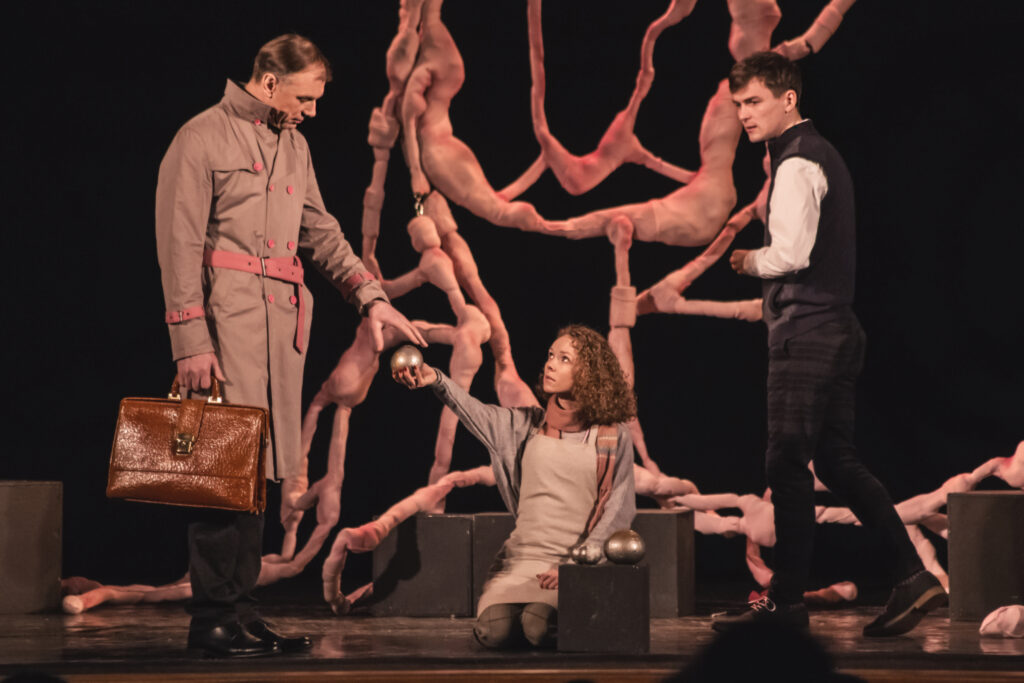
Dora or Sexual Neuroses of Our Parents. Photo Credit: Angelica Grekovich
Luckily there are more and more venues in Minsk. But as they can appear, so they can disappear. The venues on which we performed the play The God of Tickling two years ago are no longer there. For instance, like Gallery CanteenXYZ on Fabricius Street. We even made a performance specifically for this exact venue. We’ve staged plays on the stage of Height Playground, but this hall does not exist anymore too. Thank God, the culture hub, OK 16 appeared. Since the end of 2018, we have been making our shows at The Hide venue on Oktyabrskaya 19. We really hope that this venue will live, because there is an atmosphere we are seeking for our stage plays.
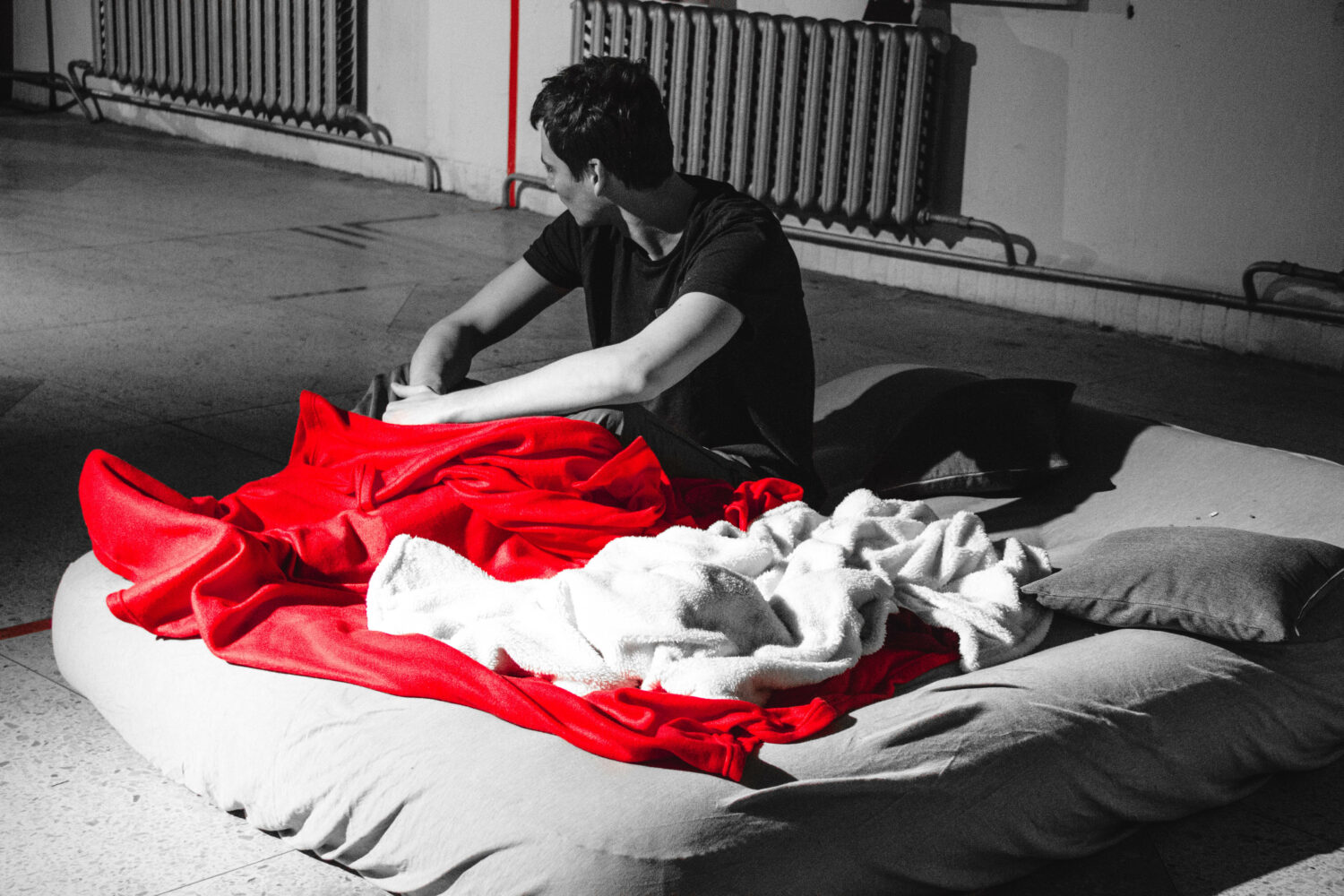
The God of Tickling. Photo Credit: Polina Khodorik
And, of course, the most important problem is the problem of financing. It’s quite difficult to find grants within our country. There are practically no competitions here. And even if there’s a competition, and we can take part in such a competition, getting some kind of support in order to go, for instance, to an international festival, is impossible.
On the other hand, there is an active part of the audience that is ready to support art. First and foremost, I am talking about IT-guys. We have had a very interesting experience. One day one of our long-time viewers Sasha Dudin came to us with a proposal: “Hey guys, I want to support at least one play. I will help you.” Since IT specialists in our country have pretty high salaries, they have already opened cafes and barbershops, tried some other business, but what new can be done? At first, they were consumers, then they became “openers,” and now they go into the field of art as donators.
AM: How would you describe your key intention? Is it an aim to find something aesthetically different from what stationary theaters do, or maybe something else?
KS: Well, in general – yes. However, an experiment is not an objective point for us. Our final goal is to cover the theme of body and physicality, both spiritual and physical. This is why our theatre is named “Homo Cosmos” – “Universe-Human”. We make stage productions for a person about a person. It is important for us to raise topics that are not commonly being discussed on theaters’ stages. Therefore, small venues are very important for us, since there we can build a confidential dialogue with our viewers. So that the audience does not feel that it’s being taught something. After each performance, any viewer can stay and take part in the discussion of the play: is it up-to-date or not, how did he or she like how the performance was staged, and so on. We have a performance Opening about pregnancy and childbirth. And the audience is VERY actively involved in the play. And each new show is completely different from the previous one. We have marked this performance as a “theatrical game”, and it actually exists in this format of stage-to-spectator relationship.
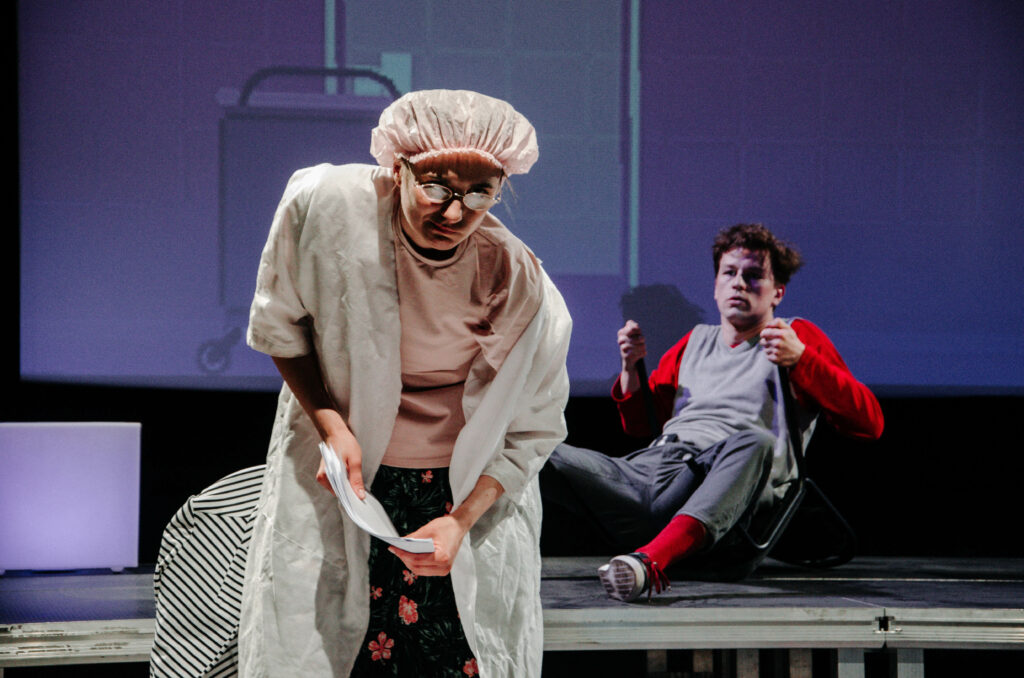
Opening. Photo Credit: Kristina Grekova
AM: State theaters try to stage contemporary dramaturgy lately. I guess it is their attempt to try themselves where they clearly lose to independent theatre companies. Due to the fact that stationary theaters begin to intrude on your “territory,” what repertoire do you want to pay more attention to?
KS: In fact, we do not feel any rivalry from the state theatres. The current stage trends are quite promising since they are targeted to the audience’s aesthetic needs. We do not aim to cover the entire theatrical field. Each of our productions can embrace about a hundred viewers. Sometimes more, sometimes less. We select plays that illuminate the psychological relationship, the relationship of the physical and mental, material and spiritual. Sometimes we offer plays to directors, but more often directors come to us with a desire to work on a specific drama.
We have five premieres planned for this season. Oleg Khristolyubsky – a director from St. Petersburg will become our resident for the upcoming season. He will stage an immersive performance based on Svetlana Aleksievich’s novel Boys in Zinc, which is gonna be premiered late in November. The next staging will be a production for children. We make a play for children for the very first time. And Oleg’s third work will be the performance-promenade Orpheus. It will be premiered in April. We also plan to make a performance on the topic of bio-ethics and we want to stage a physical choreographic performance by Olga Labovkina.
Alexander: How do you see the foreseeable future of the project theatre? Maybe the audience will change? Or maybe you have hopes for the development of project theatres?
KS: The viewer needs to be educated. Our audience is already tired of the “light” genres. More recently, Russian Enterprise performances were actively brought to us. The public actively consumed it. But today the situation is completely different. I know that companies engaged in entrepreneurship are going through quite difficult times.
The audience is no longer interested in “buying the faces” from TV channels. The younger generation is definitely not interested in it. So they went to the project theatres. And I hope they will continue to go. We are working to attract the younger generation to our stage shows. And our immersive staging, which we are making with Oleg Khristolyubsky, should help us. Such an immersive performance was impossible two years ago. Five years ago a project theatre was impossible – there were many obstacles. But today is the day. Our boldest plan is to open a theatre center. Other project theatres want to join us. We all need a kind of “home.” And this theatrical center is our goal for the nearest future.
This post was written by the author in their personal capacity.The opinions expressed in this article are the author’s own and do not reflect the view of The Theatre Times, their staff or collaborators.
This post was written by Alexander Mantush.
The views expressed here belong to the author and do not necessarily reflect our views and opinions.

